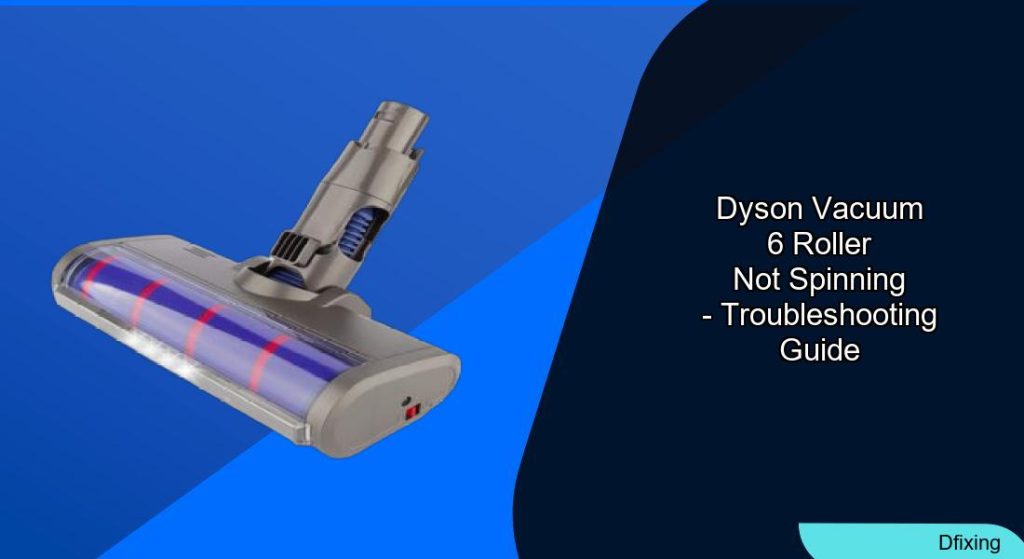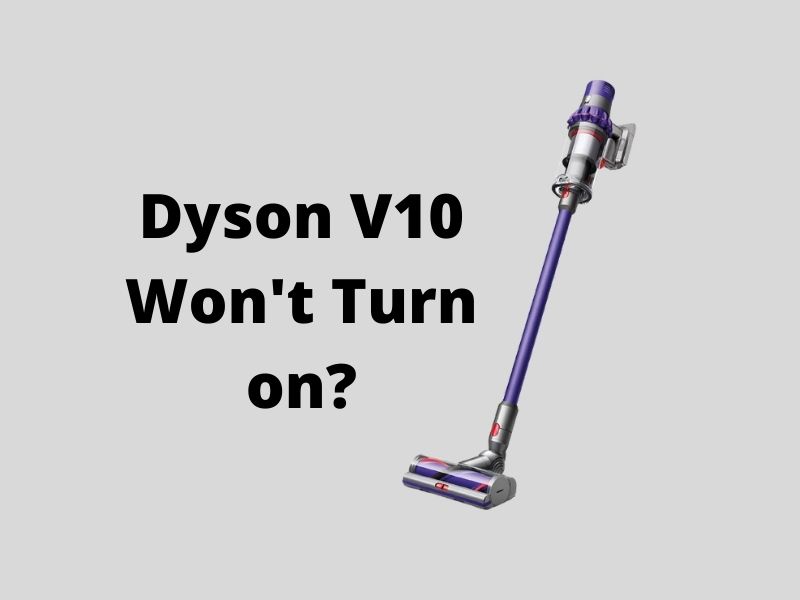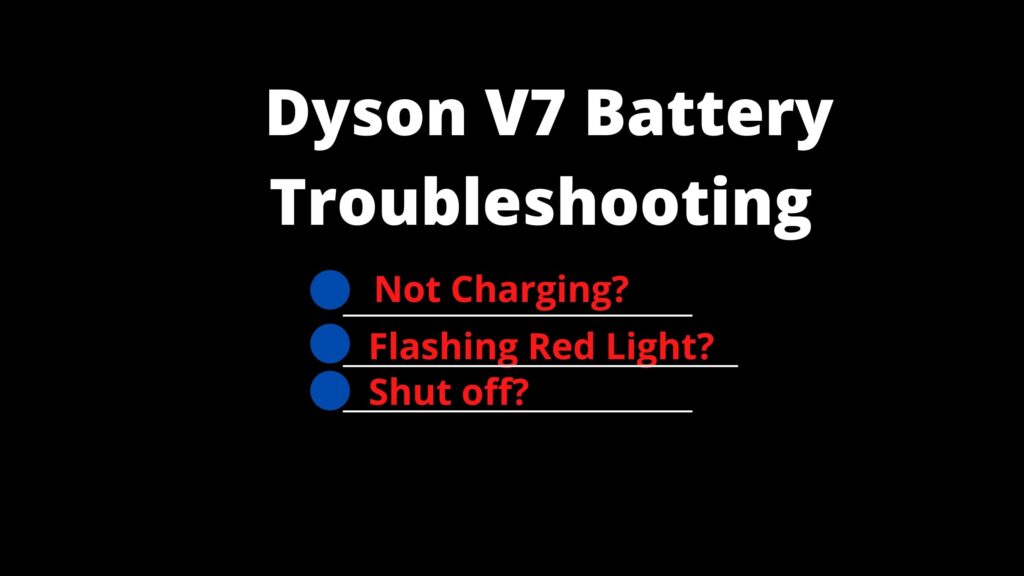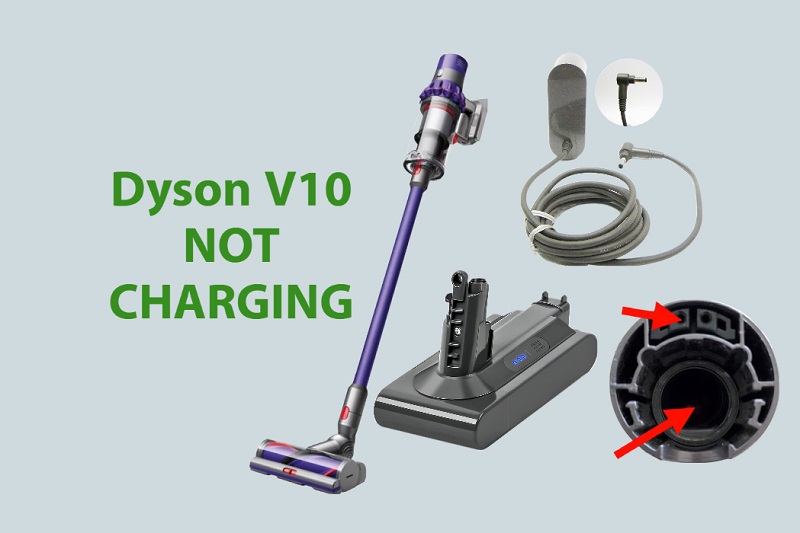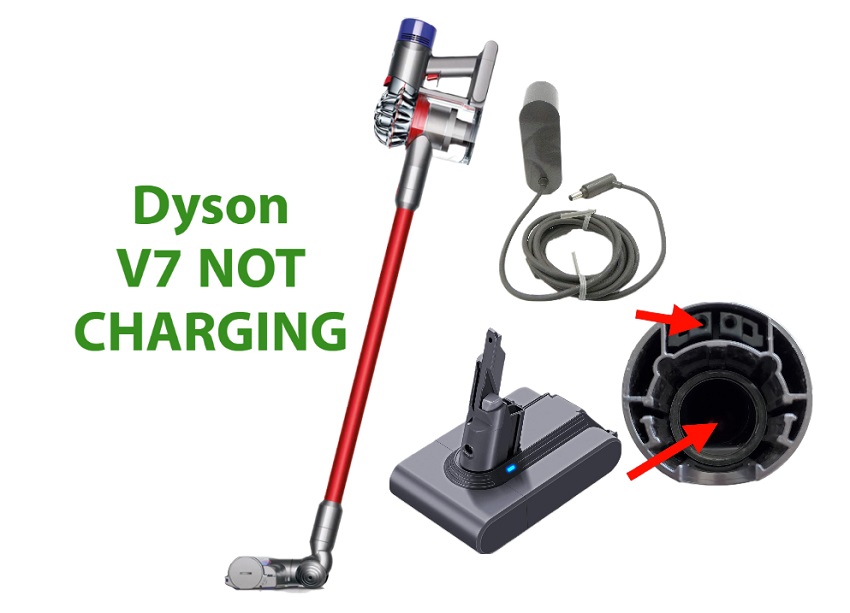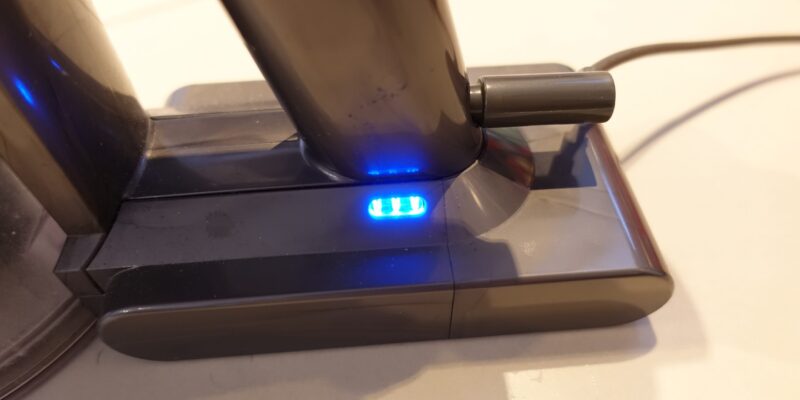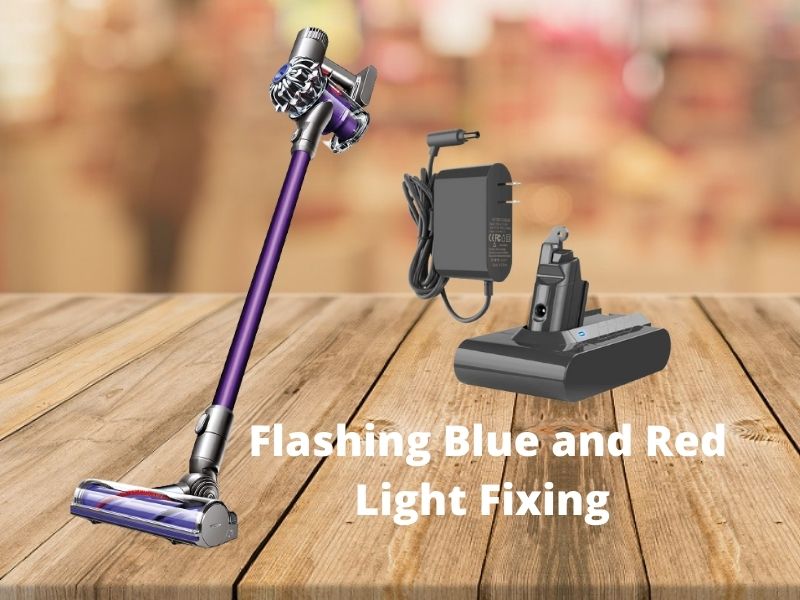A non-spinning roller on your Dyson V6 vacuum can turn a simple cleaning task into a frustrating chore. This issue often manifests as reduced suction on carpets, unusual noises, or the brush head stopping after a few seconds. The root causes range from tangled debris to mechanical wear, but most problems can be resolved with basic tools and a systematic approach. This guide walks you through diagnosing and fixing the problem, along with maintenance tips to keep your vacuum performing at its best.
Affiliate disclosure: As an Amazon associate, We'll earn a commission for every successful order through our affiliate links in the article. However, you won’t be charged anything for this.
The solution lies in understanding how dirt buildup, belt slippage, or motor issues disrupt the roller’s motion. By addressing blockages, inspecting the belt, and testing electrical components, you can restore your vacuum’s efficiency. Whether you’re troubleshooting a clogged brush bar or replacing worn parts, this article provides actionable steps to tackle the issue confidently.
Identifying Causes of a Non-Spinning Brushbar
Blockages from Hair and Debris
Hair, threads, and dust commonly around the brush bar, preventing it from spinning. Over time, these materials pack into bearings or gears, creating friction. To check, remove the brush head and inspect the roller for visible obstructions. Use scissors to cut tangled hair and a flathead screwdriver to clear debris from the black spiral connector. If the connector feels stiff, it likely needs deeper cleaning or lubrication.
Worn or Broken Belt
The belt connects the motor to the brush bar, transferring power to spin it. A frayed, stretched, or broken belt fails to grip the roller. To inspect, remove the belt cover and check for cracks or looseness. A loose belt can often be tightened, but severe wear requires replacement.
Motor or Electrical Failures
If the brush bar and belt are intact, the motor or electrical connections might be faulty. Test the motor by manually rotating the brush bar—if it resists movement or makes grinding noises, the motor may need replacement. Check electrical contacts inside the dust bin for dust buildup, which can disrupt power flow. Use rubbing alcohol and a q-tip to clean contacts, ensuring they’re free of grime.
Step-by-Step Troubleshooting Guide
Clearing Blockages
- Power off and disassemble: Turn off the vacuum, detach the brush head, and release the brushbar latches with a flathead screwdriver.
- Remove debris: Cut tangled hair with scissors and wipe down gears with a cloth. Pay special attention to the bearing areas.
- Test the spiral connector: Spin it manually. If it doesn’t move smoothly, disassemble further to remove hidden debris.
Replacing the Brush Roll Belt
- Remove the old belt: Pull it off the brush roll and motor pulley.
- Install a new belt: Loop it over both components, ensuring it’s snug. Adjust tension if necessary.
Cleaning Electrical Contacts
- Access contacts: Remove the dust bin and locate the internal contacts beneath it.
- Clean with alcohol: Use a q-tip dipped in rubbing alcohol to wipe away dust and lint. Reconnect components securely.
Resetting the Pile Height Setting
Ensure the pile height dial is set appropriately for the floor type. An incorrect setting can strain the brushbar, causing it to stall.
When to Replace Parts
Brushbar or Motor Replacement
If the brushbar is damaged or the motor fails, replacement is necessary. For the V6/DC59:
1. Disconnect motor wires and unscrew the old motor.
2. Install the new motor, reconnect wires, and secure it with screws.
If the motor is faulty or making unusual noises, replacing it can restore the vacuum’s power and brushbar functionality.
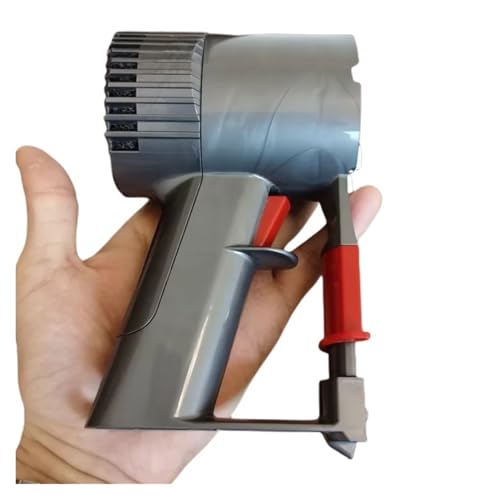
Direct replacement for Dyson V6 motor with DC59/DC62/DC74 compatibility
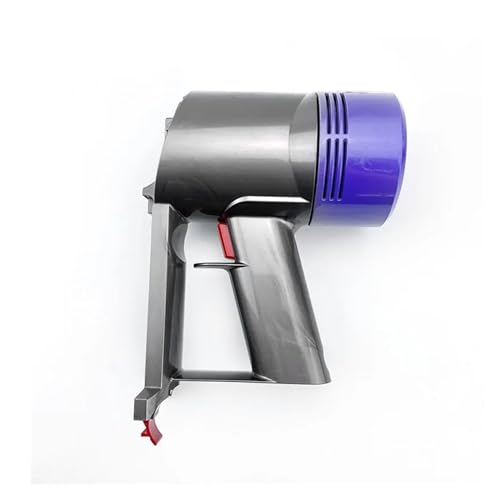
Upgraded motor assembly with enhanced grip and durability for V6 models
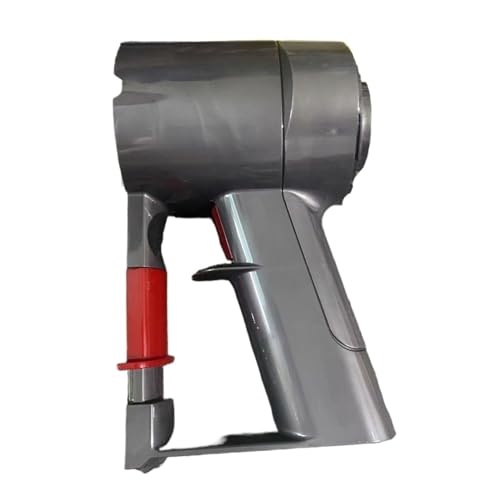
Complete motor housing with switch assembly for V6 vacuum cleaner
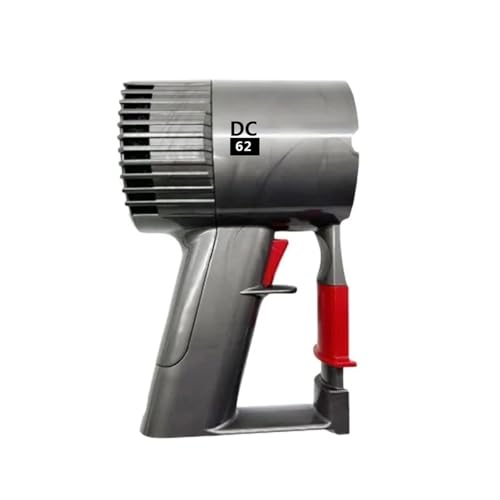
Replaceable motor handle with model-specific options for V6 models
Key Components to Check
- Filters: Clean or replace every few weeks to maintain suction.
- Bearings: If clogged or seized, apply lubricating oil after cleaning.
- Reset Button: Press it if the motor overheats and shuts off.
Maintenance Tips to Prevent Future Issues
- Clean after each use: Remove hair and debris from the brushbar to prevent buildup.
- Empty the dust bin: Prevent clogs by emptying it after every session.
- Avoid high suction on delicate surfaces: Overworking the motor shortens its lifespan.
- Store properly: Keep the vacuum in a dry, cool area to avoid humidity-related damage.
Frequently Asked Questions (FAQ)
How do I know if the belt is broken?
If the brushbar spins freely by hand but doesn’t move during operation, the belt likely needs replacement.
Why does the roller stop after a few seconds?
This often points to a faulty battery or overheating motor. Test the battery’s charge and inspect the motor for resistance.
Can I use third-party replacement parts?
While Dyson originals are recommended, compatible parts from reputable brands work well. Ensure they match your model’s specifications.
How often should I clean the brushbar?
Aim for once a month, or more frequently if you have pets. Regular cleaning prevents clogs and extends the vacuum’s life.
Conclusion
A Dyson V6 roller not spinning is a common but solvable issue. By methodically addressing blockages, belt wear, and electrical problems, you can restore your vacuum’s performance. Regular maintenance, like cleaning the brushbar and replacing worn parts, prevents future headaches. If troubleshooting fails, consult Dyson support for expert help. With these steps, your vacuum will tackle carpets and floors with renewed efficiency.

